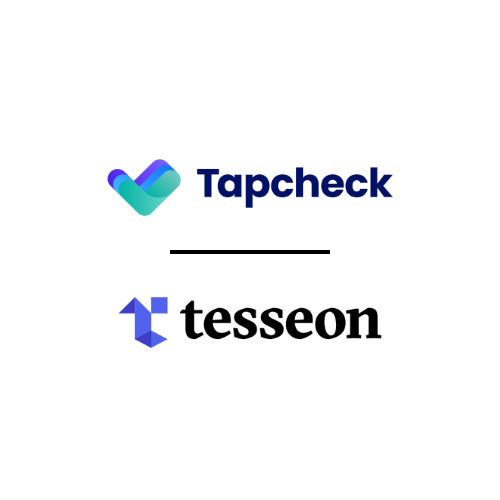In a recent webinar, we had the privilege of speaking with Tommy Comer, Chief Human Resources Officer (CHRO) of Commonwealth Senior Living. Across the hour-long discussion, Tommy discussed some of his key questions when considering earned wage access (EWA).
Was this going to help his employees with the challenges they’re facing? What downstream benefits might be achieved? The further he dug into EWA, the more he realized this could help solve a critical workplace need.
Tommy helped shed light on the critical role that financial wellness plays in employee satisfaction and overall organizational health.
Catch the full webinar here.
Breaking the Cycle of Predatory Lending
One of the most striking comments from Tommy highlighted the importance of providing employees with financial options that don't exploit their vulnerability:
"I wanted something where there was at least a path ora way the employee wouldn't lose a bunch of money by using earned wage access.Because we're trying to take the place of, as you mentioned, those predatory environments that seek those individuals out and make them put up their car orGod knows what else.” – Tommy Comer, CHRO at Commonwealth Senior Living
This statement underscores a critical issue faced by many workers, particularly in the healthcare sector where shift work and irregular hours can complicate personal financial management. Traditional payday loans and high-interest credit options often trap employees in cycles of debt,exacerbating their financial stress rather than alleviating it.
The Reality of Financial Stress
Tommy’s discussion with Tapcheck’s Sara Arthrell went on to paint a vivid picture of the financial challenges faced by many of employees using EWA:
"We hear a lot of payday loans. We hear a lot of borrowing from friends and family. We hear having to choose between this utility bill and the next utility bill, right? It's really putting so much pressure [on workers]" – Sara Arthrell, Director of Product Marketing at Tapcheck
This stark reality is all too common. Employees are often forced to make impossible choices between basic necessities, resorting to risky financial decisions that can have long-lasting negative impacts. By implementing EWA, employers can provide a lifeline that helps break this cycle of financial stress.
The Ripple Effect on Workplace Performance
Sara went on to discuss the downstream effects that financial stress can have on the workplace, something that Tommy noted he felt as well:
"To tie it full circle, you feel [that stress] as an employer also. We've all felt stressed about something, whether it's financial or not, and we can't help but bring that to the place you spend most of your time." – Sara Arthrell
Financial stress doesn't stay at home when an employee comes to work. It damages concentration, productivity, overall job satisfaction, and can even dampen their career growth. In a healthcare setting, where the stakes are often high and attention to detail is paramount, mitigating this stress can have significant impact on patient care and organizational efficiency.
The Promise of Earned Wage Access
By implementing EWA, Commonwealth has taken a proactive step towards addressing these issues. EWA offers employees the flexibility to access their earned wages before the traditional payday, providing a safety net for unexpected expenses and reducing the need for predatory lending options.
The benefits of EWA extend beyond individual financial wellness:
- Improved Employee Retention: When employees feel supported and have access to financial tools that reduce stress, they're more likely to stay with their employer long-term.
- Enhanced Recruitment: Offering EWA can be a powerful differentiator in attracting top talent, especially in competitive fields like healthcare.
- Increased Productivity: Employees who are less stressed about their finances are more likely to be focused and engaged at work.
- Better Overall Well-being: Financial wellness is a critical component of overall employee well-being, which can lead to reduced absenteeism and improved job satisfaction.
Wrapping Up
The insights shared by Tommy highlight the transformative potential of earned wage access in the healthcare sector and beyond. By providing employees with ethical, low-risk financial tools, employers can create a more supportive work environment, reduce stress, and ultimately improve both employee satisfaction and organizational performance.
As we continue to navigate the evolving landscape of employee benefits and financial wellness, it's clear that earned wage access will play an increasingly important role in creating healthier, happier, and more productive workplaces.


.webp)

.png)
.png)




